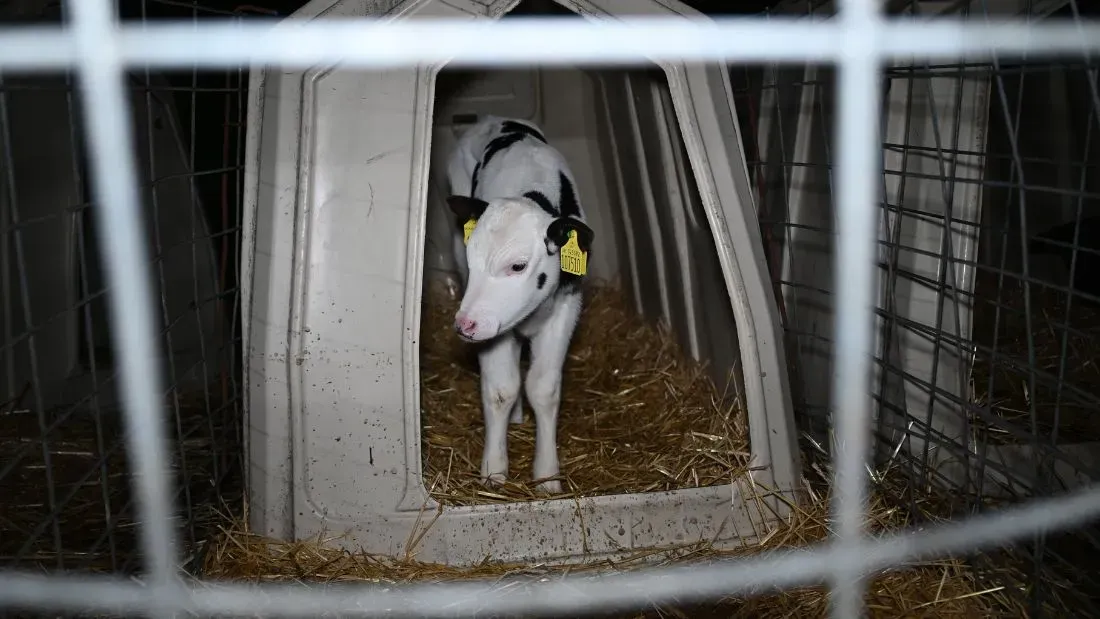At a dairy farm in West Wales, shocking scenes of cow abuse have surfaced following a covert investigation by the animal rights organization Viva! Campaigns. The farm, known as "Tafarn Y Bugail," was supplying milk to one of the UK’s largest dairy cooperatives, which maintains long-standing relationships with major food and beverage brands. But what hidden cameras revealed was enough to spark widespread outrage.
The months-long investigation uncovered harsh and violent treatment of cows. Footage showed cows being struck an average of 75 times during each milking session. In one particularly harrowing clip, a single cow was hit over 55 times during a session that lasted more than seven minutes. The animals were also shown being pushed, kicked in sensitive areas, and having their tails twisted actions described as brutal and inhumane.
All of this disturbing footage was submitted to relevant authorities, including the local county council and Red Tractor as the UK’s farm assurance scheme. However, some bodies responded that they found no evidence of a "systemic issue," suggesting that cows are large animals requiring careful handling.
But Viva!'s response was unequivocal. The organization argued that what happened at the farm reflects a recurring dark side of the dairy industry one that cannot be justified by the size of the animals or the need for "careful management." The group’s founder, who personally took part in the undercover operation, stated that what she witnessed will stay with her forever, and that the suffering she saw is unbearable, inflicted on animals simply because they are part of this industrial system.
While some companies have severed ties with the farm, the reaction of regulatory bodies raised serious concerns about the effectiveness of oversight and whether so-called "animal welfare standards" are little more than empty slogans especially in large-scale, industrial farming.
Ultimately, the investigation shines a harsh light on the ethical questions surrounding dairy production and forces consumers to ask themselves whether they, knowingly or unknowingly, are complicit in a silent cycle of suffering happening behind the closed doors of industrial farms.
